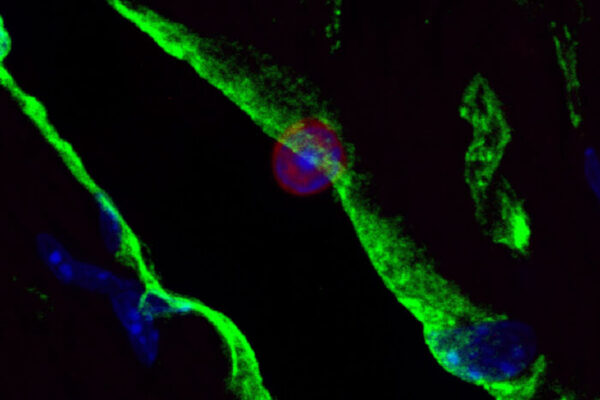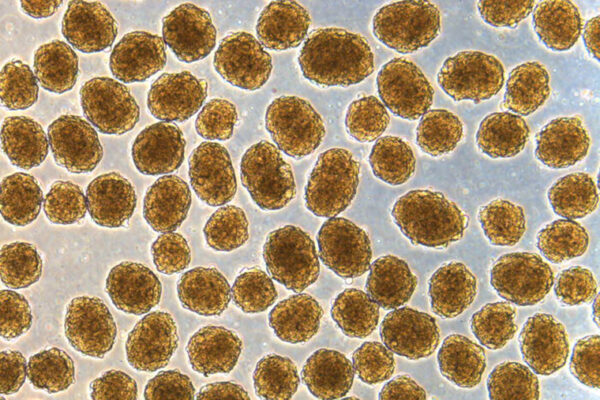Do Well, Do Good: WashU alum Sara Miller wants to close the organ donation gap
Sara Miller, WashU alum, founded SODA, an organ donation advocacy group on campus to educate students.
Parents’ social isolation linked to their children’s health
Parents’ social isolation was linked to self-reported poorer health not only for themselves but also for their adolescent children, finds a study from the Brown School at Washington University in St. Louis.
Immune cells play surprising role in heart, mouse study suggests
A mouse study from Washington University School of Medicine in St. Louis suggests a type of immune cell may play a surprising role in the structure and rhythm of the heart.
New center promotes healthy workplaces
The School of Medicine’s Healthy Work Center facilitates research to promote the health of working-age people by focusing on topics such as diet and exercise, cancer prevention and injury avoidance. It’s a rebooted version of the Occupational Safety and Health Research Lab.
Radiation therapy for colon cancer works better when specific protein blocked
Members of the School of Medicine lab of Matthew Ciorba, MD, have identified a way to make radiation therapy for colorectal cancer more effective by inhibiting a protein found in cancer cells in the gut.
Physicians visit during Africa Initiative’s inaugural faculty exchange
Two physicians from the University of Ghana recently wrapped up a monthlong visit to Washington University in St. Louis as part of the Africa Initiative’s faculty exchange.
Cancer survival disparities in minority children, adolescents greater for more treatable cancers
Racial and ethnic minority children and adolescents with cancer have a higher risk of death than non-Hispanic white children and adolescents, with evidence for larger disparities in survival for more treatable cancers, finds a new study from the Brown School at Washington University in St. Louis.
Revving up immune system may help treat eczema
A drug strategy aimed at revving up the immune system and boosting a type of immune cell known as natural killer cells appears, at least in mice, to effectively treat the skin condition eczema. A team led by the School of Medicine’s Brian S. Kim, MD, is behind the strategy.
Diabetes in mice cured rapidly using human stem cell strategy
Jeffrey R. Millman and his team at the Washington University School of Medicine produced human insulin-secreting beta cells from stem cells using a new efficient technique. The cells were able to rapidly cure diabetes in mice for at least nine months.
Battling treatment resistant opioid use disorder
Similar to treatment resistant depression, there is a subpopulation of those addicted to opioids who do not respond to standard opioid use disorder treatments. In a new paper, an addiction expert at the Brown School at Washington University in St. Louis suggests a new category for these types of patients: treatment resistant opioid use disorder.
Older Stories









